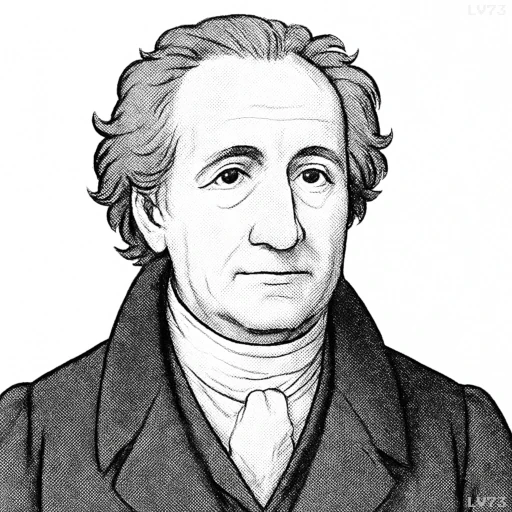“The human mind will not be confined to any limits.”

- August 28, 1749 – March 22, 1832
- German
- Poet, playwright, novelist, philosopher, politician
table of contents
Quote
“The human mind will not be confined to any limits.”
Explanation
Goethe asserts that the human mind is inherently limitless, capable of endless growth, creativity, and discovery. No matter how much knowledge or understanding we acquire, there are always new frontiers to explore, whether in science, art, philosophy, or personal development. The human mind has the capacity to transcend its immediate circumstances and find new ways of thinking, creating, and innovating, making it impossible to confine or restrict it fully.
Historically, this idea aligns with the Enlightenment values of reason and the belief in the boundless potential of human intellect. During Goethe’s time, thinkers were celebrating the progress of knowledge, and the idea that human beings could unlock new realms of understanding was central to many intellectual movements. Goethe himself, a polymath, was deeply engaged in various fields of knowledge, constantly pushing the boundaries of thought in his literary and scientific work.
In the modern world, this quote remains highly relevant in the context of scientific exploration and technological innovation. The development of new technologies, from artificial intelligence to space exploration, shows that the human mind continues to break new barriers. In education and personal growth, the belief in the mind’s limitless potential is what drives individuals to pursue new skills, solve complex problems, and continue learning throughout their lives.
Goethe’s words remind us that the mind’s potential is truly boundless. By embracing curiosity, creativity, and continuous learning, we can achieve extraordinary things and continue to push the limits of what is possible.
Would you like to share your impressions or related stories about this quote in the comments section?




